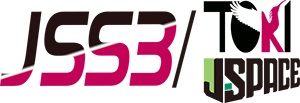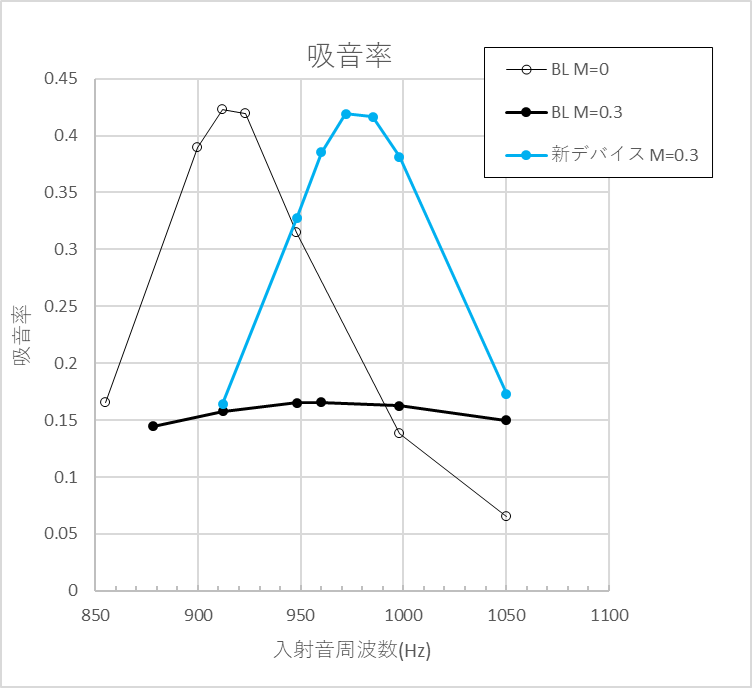Noise suppression technology for aircraft jet engines
JAXA Supercomputer System Annual Report April 2020-March 2021
Report Number: R20EA0716
Subject Category: Aeronautical Technology
- Responsible Representative: Tatsuya Ishii, Aeronautical Technology Directorate, Propulsion Research Unit
- Contact Information: Shunji ENOMOTO(enomoto.shunji@jaxa.jp)
- Members: Shunji Enomoto, Tatsuya Ishii
Abstract
Ultra high bypass ratio aviation jet engines have a smaller sound absorbing liner area than conventional engines. In this project, we will develop sound-absorbing device technology that provides high noise reduction performance even with a small-sized sound-absorbing liner.
Reference URL
Please refer to https://www.aero.jaxa.jp/eng/research/ecat/dante/ .
Reasons and benefits of using JAXA Supercomputer System
To perform many LES calculations by changing the shape of the sound absorbing liner and the incident sound frequency, the calculation performance and the storage capacity of JAXA supercomputer system were required.
Achievements of the Year
The sound absorption performance of an acoustic liner was evaluated using the calculation method described in JAXA-SP-20-008. Numerical calculations were performed for a laminar flow of M=0.3 in a two-dimensional geometry, which simulates the flowduct test facility to measure the sound absorption performance of the acoustic liner under a glazing flow environment. An example is shown in Fig. 1. Compared to the baseline geometry without glazing flow (BL M=0), the sound absorption coefficient with glazing flow (BL M=0.3) is much lower. In this fiscal year, we investigated a new sound absorption device and proposed a shape that shows sound absorption performance as shown in (new device M=0.3). A model test based on this shape showed higher sound absorption performance than that of the conventional sound absorbing liner.
Publications
– Non peer-reviewed papers
1) ENOMOTO Shunji, ISHII Tatsuya, Evaluation of Sound Absorption Coefficient by Numerical Analysis of an Acoustic Liner with Glazing Flow, JAXA Special Publication: Proceedings of Fluid Dynamics Conference / Aerospace Numerical Simulation Symposium 2020 Online, JAXA-SP-20-008
Usage of JSS
Computational Information
- Process Parallelization Methods: MPI
- Thread Parallelization Methods: OpenMP
- Number of Processes: 1 – 144
- Elapsed Time per Case: 20 Hour(s)
Resources Used(JSS2)
Fraction of Usage in Total Resources*1(%): 0.40
Details
Please refer to System Configuration of JSS2 for the system configuration and major specifications of JSS2.
| System Name | Amount of Core Time(core x hours) | Fraction of Usage*2(%) |
|---|---|---|
| SORA-MA | 972,298.20 | 0.18 |
| SORA-PP | 331,573.43 | 2.60 |
| SORA-LM | 3.73 | 0.00 |
| SORA-TPP | 389,197.57 | 36.73 |
| File System Name | Storage Assigned(GiB) | Fraction of Usage*2(%) |
|---|---|---|
| /home | 28.56 | 0.03 |
| /data | 2,002.37 | 0.04 |
| /ltmp | 4,428.52 | 0.38 |
| Archiver Name | Storage Used(TiB) | Fraction of Usage*2(%) |
|---|---|---|
| J-SPACE | 12.52 | 0.41 |
*1: Fraction of Usage in Total Resources: Weighted average of three resource types (Computing, File System, and Archiver).
*2: Fraction of Usage:Percentage of usage relative to each resource used in one year.
Resources Used(JSS3)
Fraction of Usage in Total Resources*1(%): 0.89
Details
Please refer to System Configuration of JSS3 for the system configuration and major specifications of JSS3.
| System Name | Amount of Core Time(core x hours) | Fraction of Usage*2(%) |
|---|---|---|
| TOKI-SORA | 793,350.37 | 0.17 |
| TOKI-RURI | 384,090.71 | 2.20 |
| TOKI-TRURI | 36,852.00 | 2.97 |
| File System Name | Storage Assigned(GiB) | Fraction of Usage*2(%) |
|---|---|---|
| /home | 13.53 | 0.01 |
| /data | 3,537.44 | 0.06 |
| /ssd | 567.22 | 0.30 |
| Archiver Name | Storage Used(TiB) | Fraction of Usage*2(%) |
|---|---|---|
| J-SPACE | 12.52 | 0.41 |
*1: Fraction of Usage in Total Resources: Weighted average of three resource types (Computing, File System, and Archiver).
*2: Fraction of Usage:Percentage of usage relative to each resource used in one year.
JAXA Supercomputer System Annual Report April 2020-March 2021





